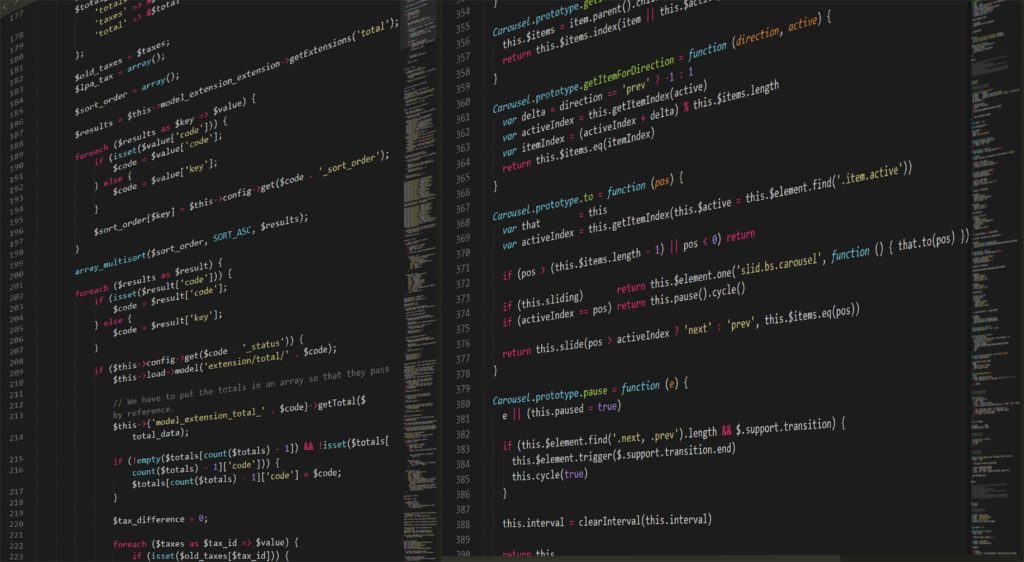Guest Article written by Zain Jaffer.
Startups today operate in a different world than they did a decade ago. The numbers tell the story: global VC funding rounds dipped in both deal value and volume in Q3 2024, a continued decline since 2022. Investors are more selective, competition is intense, and founders have less room for error.
Having been both a founder and a VC, I’ve seen how misleading startup advice can be. Some of the most commonly repeated lessons lead founders down the wrong path, effectively slowing growth and stalling momentum. Instead of following conventional wisdom blindly, founders should focus on what actually works.
Here are some of those against-the-grain strategies that you otherwise might not know to implement:
Launch before it’s perfect
Many founders fall into the trap of believing their first version needs to be flawless before releasing it. Conventional wisdom says you only get one shot at a great first impression, so everything, from features to branding, needs to be polished before launch. Investors sometimes reinforce this mindset, pressing founders for a clear product vision and competitive edge.
Unfortunately, clear data from CB Insights indicates there’s a problem with this approach: 35% of startups (a whopping one in three!) fail because there’s no market need for their product.
Reid Hoffman, founder of LinkedIn, said it best: “If you’re not embarrassed by the first version of your product, you’ve launched too late.”
Some of the biggest companies launched with flawed, basic products. Airbnb listed homes with photos taken by the founders themselves before becoming a $90B company. Slack was originally an internal comms tool for a failed gaming project before pivoting into enterprise communication. And most notably, OpenAI’s first models were limited, yet they attracted immediate user feedback that shaped ChatGPT.
You might feel it necessary for your MVP to be a fully developed app or polished SaaS product before launch. But the reality is that overengineering an MVP wastes time and resources on assumptions that might be wrong. Besides, the definition of “MVP” has changed massively. Iterating while a product is live is the new normal.
Founders today have even fewer excuses to delay launching. AI, no-code tools, and cloud infrastructure make it faster than ever to test an idea. Getting your product in front of real users ASAP is the only way to know if it truly solves a problem.
Don’t connect with investors just for funding
Another misconception among new founders is that fundraising is a one-time transaction. The usual process goes: perfect your pitch deck, meet investors, and hope for a check. What you’ll learn as you mature as an entrepreneur is that the best investor-founder relationships don’t start nor end with a pitch.
Founders who only engage with investors when they need money miss out on what truly makes an investment valuable: mentorship, strategic insights, and access to networks that can accelerate growth.
I personally experienced this, particularly during Vungle’s incubator days. Back then, we’d pitched to multiple advisors, and nearly all of them dismissed our concept. But then Gokul Rajaram, a respected adtech leader, took a different approach. Instead of focusing on why investors weren’t interested, he pushed us to prove why customers would be.
Following his advice, we met directly with potential customers, asked what they actually needed, and went on to secure $200K in pre-commitments before raising a single dollar from investors. That changed everything. By the time we returned to pitch, we already had real demand and paying customers.
Act first, optimize later
Founders often assume that waiting for the right conditions before hiring, scaling, or launching a new feature will minimize risk. The belief is that a well-timed move ensures stronger execution and long-term stability. However, startups that prioritize execution gain a competitive edge by learning faster and adapting more effectively.
Momentum comes from steady progress. Founders can create it by:
- Setting short execution deadlines for product iterations. Rather than spending months perfecting a feature, launch a testable version within weeks and collect real user feedback to guide improvements.
- Making hiring decisions based on immediate needs rather than waiting for an ideal candidate. If a key role remains unfilled for too long, projects stall. Hire for adaptability and train as needed to keep operations moving.
- Expanding into new markets with small-scale tests before full rollouts. Instead of waiting for a perfect go-to-market strategy, launch in one city, region, or customer segment, measure traction, and refine the approach before scaling up.
Startups that act decisively gather more data, refine their strategy, and strengthen their market position. Progress fuels learning, and learning fuels growth.
There’s no shortage of startup advice out there. At the end of the day, it’s the founders who cut through the noise, trust their instincts, and take action who put themselves in the strongest position to succeed.
Zain Jaffer is an entrepreneur, investor, and venture capitalist. He founded Vungle, which scaled to a $780M exit, and now leads Zain Ventures, investing in startups, real estate, and private equity. With experience on both sides of the table, he now mentors several startups through his investments, helping founders navigate real challenges and build lasting momentum.










